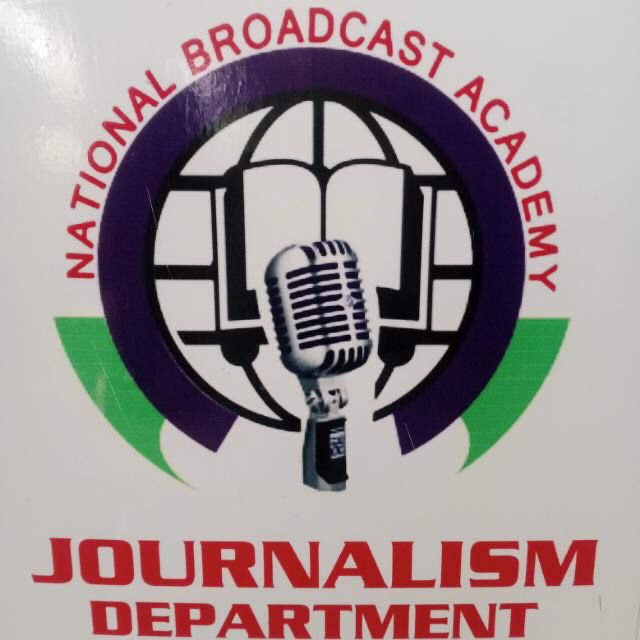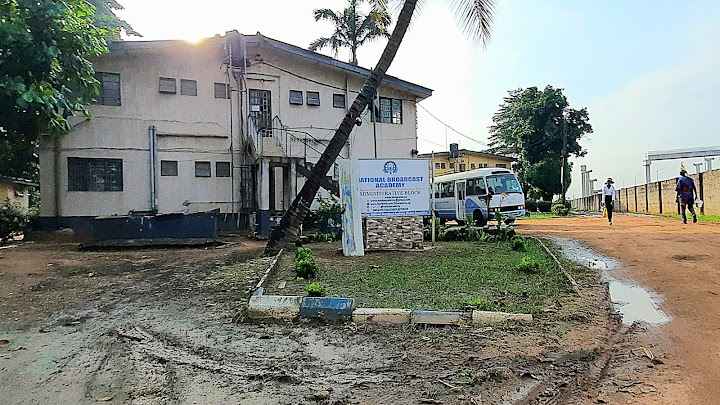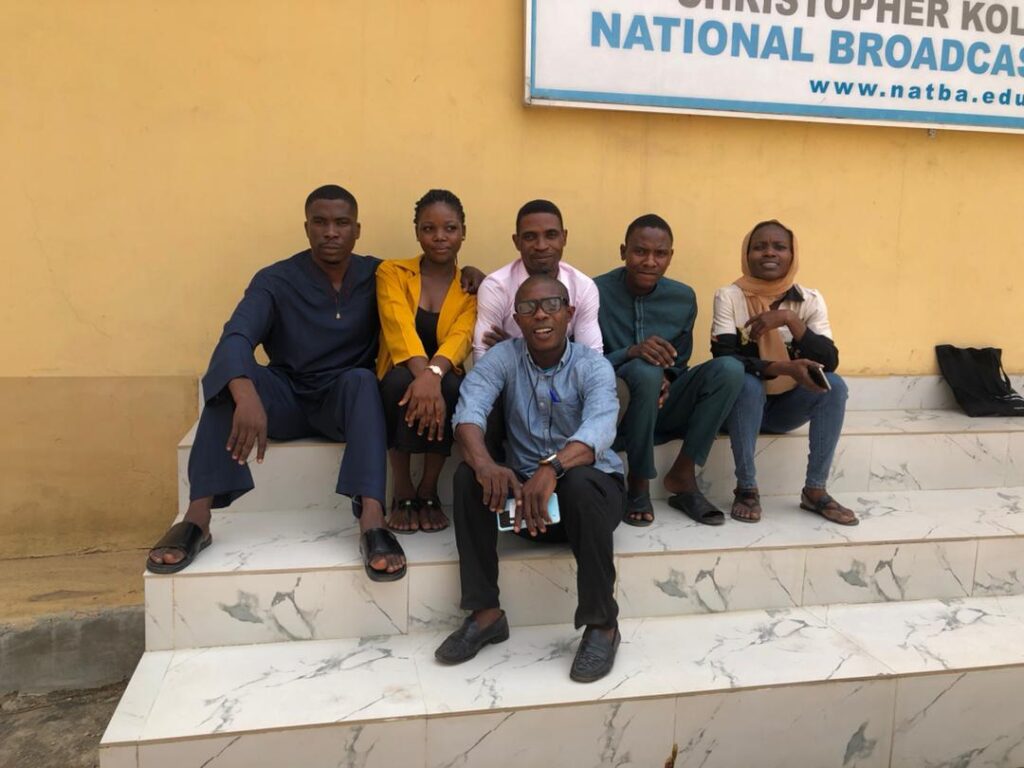Students of the National Broadcast Academy (NBA) in Ikeja, Lagos State, are grappling with uncertainty about their future in the media industry.
While the six-week journalism programme offers theoretical knowledge, many students feel unprepared for life after graduation due to a lack of adequate practical training and industry exposure.
NBA was founded in 1957 as an in-house training department of the Federal Radio Corporation of Nigeria (FRCN) at the Broadcasting House in Ikoyi, Lagos. Initially, its primary objective was to cater to the training needs of FRCN stations nationwide.
Over time, the academy expanded its scope to accommodate industry professionals and individuals seeking specialized training in various aspects of broadcasting. This expansion led to the academy’s relocation to its current premises in Ikeja, Lagos.
Abolade Oyeyemi Esther, a journalism student at NBA, finds herself at a crossroads. She is a Philosopher and Research Assistant to the Director of the National University Commission in Abuja. Writing has always been her passion, however, transitioning into journalism has been more challenging than she anticipated.
“I’ve always used writing as a form of self-expression, but journalism requires a level of structure and conciseness that I’m still learning to master. I remember writing a report on the opening ceremony without much structure, but here, everything needs to be precise—this has been a new experience for me,” said.
While stressing the importance of hands-on training in the learning reporting and editing, she said it would be beneficial to have more opportunities to apply these skills in practice.
“A platform to showcase our work, alongside theoretical lessons, would make a big difference in building confidence and preparing us for the industry,” Oyeyemi urged.
What should be done
For some students, waiting until graduation to enter the media space isn’t an option. Solomon Dominus, who left Abuja for the journalism programme in Lagos, believes now is the time to take action.

“Now is the right time to shoot the shot,” Solomon declared. Before joining NBA, he had gained experience in website development while working with NGOs and various organizations. He learned how media houses used digital platforms to engage audiences and generate revenue. His goal is to combine his knowledge of website development with journalism to carve a unique niche for himself.
“I don’t think after graduation is the right time to start building a career. Job hunting in Nigeria is tough, and if I can create something for myself and open doors for others, then what we’ve learned in six weeks won’t be in vain,” he explained.
Solomon is already taking steps toward collaboration, speaking with students from different departments to form a team that can build something meaningful before the program ends.
“We can’t just complete this program and leave everything under the carpet. We need to do something unique,” he stated.
Challenges faced
While students like Solomon are thinking ahead, others worry about structural issues within the programme. Mr. Stephen, a teacher and youth content creator from Benue, enrolled at NBA to enhance his journalism skills and apply them to his YouTube channel. However, he is frustrated by the lack of internship opportunities during the programme.
“I expected that we would have an internship alongside our classes so that we could identify our strengths—whether in journalism or presentation,” he said.
He was disappointed to learn that the internship would only be arranged after graduation, with little or no supervision. For someone unfamiliar with Lagos and without financial backing to stay longer, this arrangement is discouraging.
“I planned for six weeks here, and now I’ve exhausted my budget. If we had the chance to intern while still on campus, we could gain practical experience without additional financial strain,” he suggested.
He believes that integrating internships during the programme would allow students to apply their knowledge in real-world media settings, receive feedback, and refine their skills before graduation.
Students in the Field
Students already working in the media industry before enrolling in the NBA Basic Journalism Course, are worried about the emphasis on theory over practical experience.
Mr. Olayinka, Head of production at Grajos FM in Lagos, highlighted the challenges faced by students who have not yet gained hands-on experience in a media house. He said such students might struggle to adapt after graduation and face difficulties securing opportunities in the field.
“In my opinion, we should create opportunities for ourselves,” Olayinka suggested. “I am willing to take my time to teach others how to operate, even at a basic level, in the newsroom. To be honest, all these theoretical lessons won’t be of much help. Instead, we need to work on each person’s weaknesses so that, by the end of the program, everyone can excel in their chosen area.”
Mr. Afolagbade Moses, a student with three years of experience in the media industry and editor-in-chief of Breakthrough Magazine, echoed this sentiment. He enrolled in the NBA course to improve his broadcasting skills, though he prefers writing over speaking.
“In journalism, practice should make up 70%, while theory should cover the remaining 30%,” Moses stated.

He further revealed his plans to establish a magazine, initially targeting the Agege, Ogba, and Ikeja areas in Lagos, with plans to expand across Lagos state as time goes on. He also extended an offer to his colleagues, encouraging them to submit stories for publication.
“The best way I can contribute is by helping my colleagues refine their writing skills. If anyone has a story to publish, they can send it to me, and I will edit and publish it. In this way, I hope to make a meaningful impact on their writing and careers,” Moses added.


